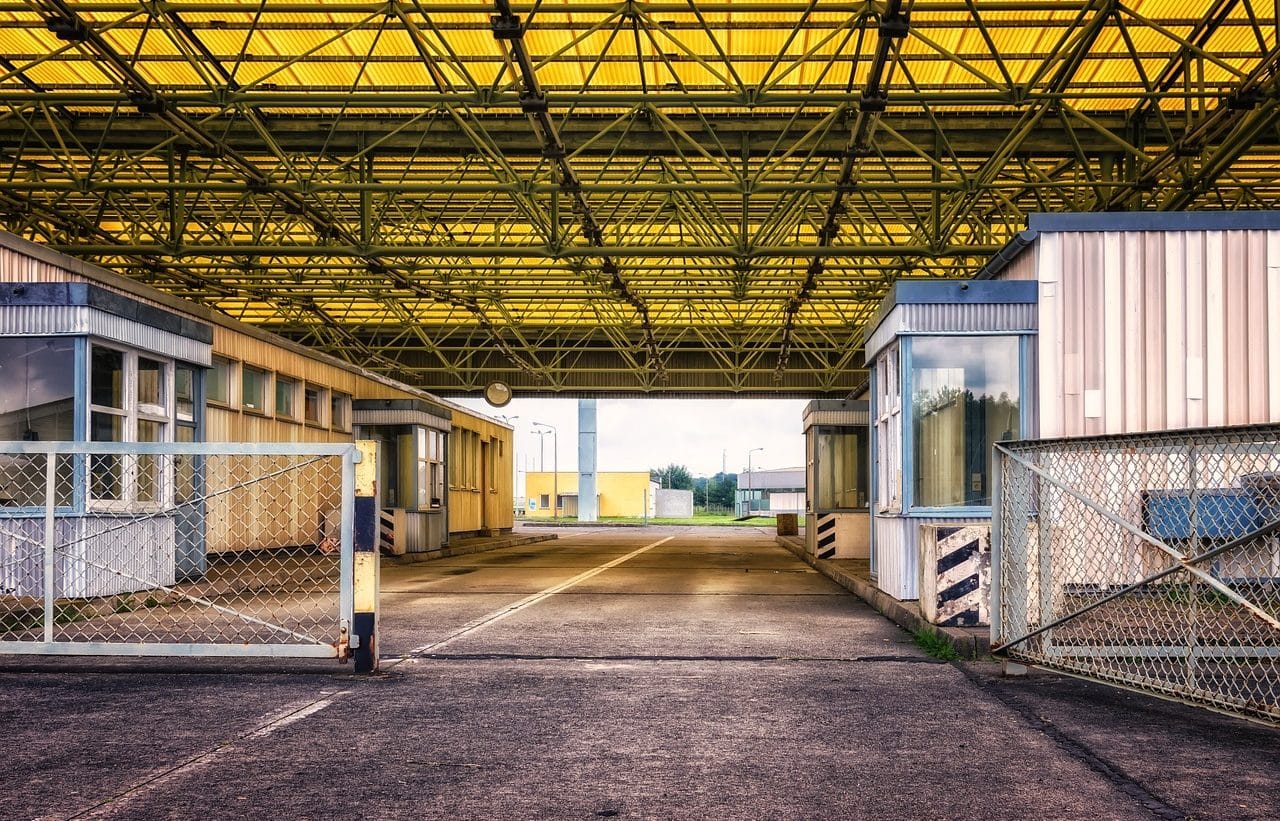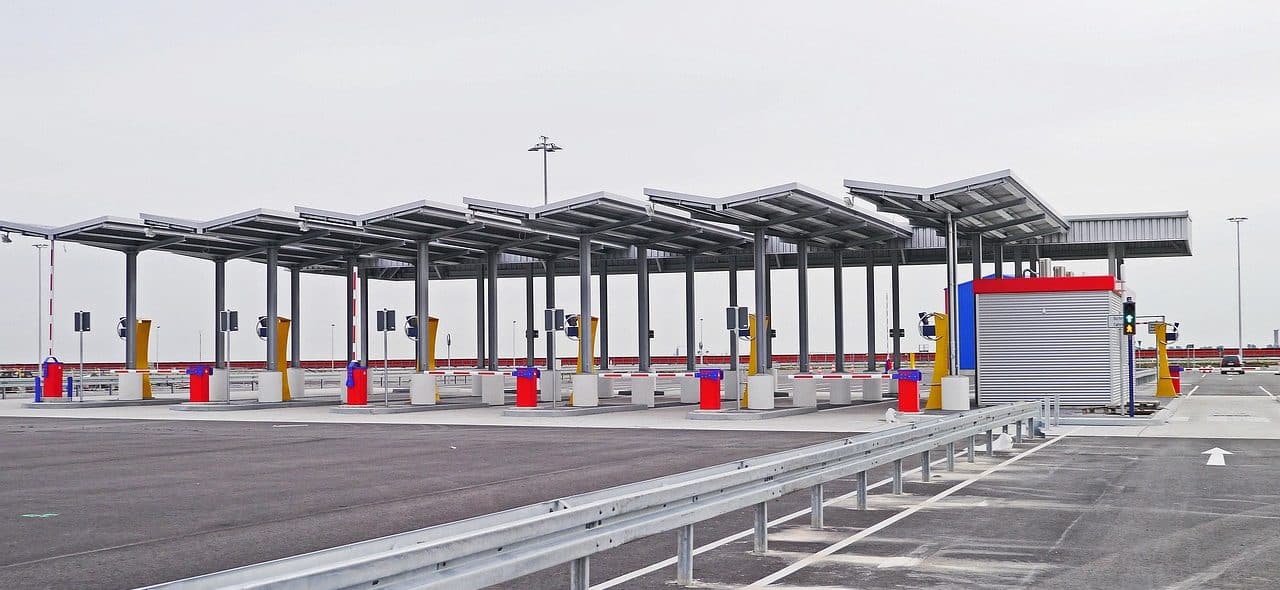
The customs regime regulates the international traffic of goods.
The customs regime is the legal framework that regulates the international traffic of goods that are subject to customs control.
It should be noted that regime is the system that makes it possible to fix and regulate the operation of something. Customs , for its part, is what is linked to customs (the state office that registers the goods that enter and leave a country and is responsible for collecting taxes and fees linked to export and import operations).
Function of the customs regime
Customs control, therefore, consists of reviewing the goods in question to ensure that they comply with the customs regime in question. The import , export , storage of goods and verification of exemption from a fee are some of the processes controlled within the framework of a customs regime.
The characteristics of the customs regime depend on each country. Generally, the merchandise that leaves or enters a nation corresponds to certain regulations that are stipulated by the customs regime. Therefore, the usual thing is that every time a merchandise is presented at customs, a document must be completed detailing the characteristics and destination of the package.
It should be noted that, in some regions , there are tertiary courses that train technicians in the customs regime . This is due to the complexity of customs codes and the various regulations that intervene in each international commercial operation. The customs regime expert can work in the foreign trade sectors of private companies and state offices and be responsible for the management of export and import operations.

Customs regimes can have different characteristics.
Classification according to type
There are six customs regimes, each with its respective variants, depending on the country: definitive ; temporary ; fiscal deposit ; transit of goods ; repair, preparation or transformation into a controlled premises ; and strategic controlled premises . Although all these types of customs regime are necessary so that the control of goods entering and leaving a country is carried out in accordance with import and export laws, the two most important are the definitive and the temporary, which are defined below.
Definitive customs regime
We must take into account both import and export, which is why we talk about:
- Definitive import : this customs regime is used if the goods that enter a country are intended to remain there indefinitely. In this case, the general import procedure is carried out.
- Definitive export : this is the regime considered when goods leaving a country will remain abroad indefinitely . For products such as energy or alcoholic drinks, ethyl or denatured alcohol, manufactured tobacco and uncrystallizable honey, it is necessary to be registered in the Sectoral Exporters Registry, and also in the Federal Taxpayers Registry.
The definitive customs regime requires the action of a customs agent to represent the exporter, in addition to compliance with the requirements established by the country of destination, and the payment of the Customs Processing Fee (also known as DTA ).
Temporary customs regime
Just as in the previous type of regime, we must consider import and export as two particular cases:
- Temporary importation : occurs when goods enter a country to remain there for a defined period and for a particular objective. In this case, compensatory duties or foreign trade taxes do not have to be paid (with exceptions) but other obligations must be met.
- Temporary export : it is the release of goods to remain abroad for a limited time and for a specific purpose. The same exceptions and obligations apply as in temporary importation.
